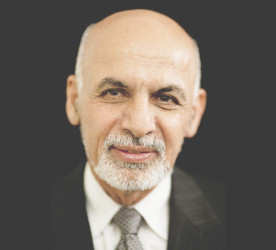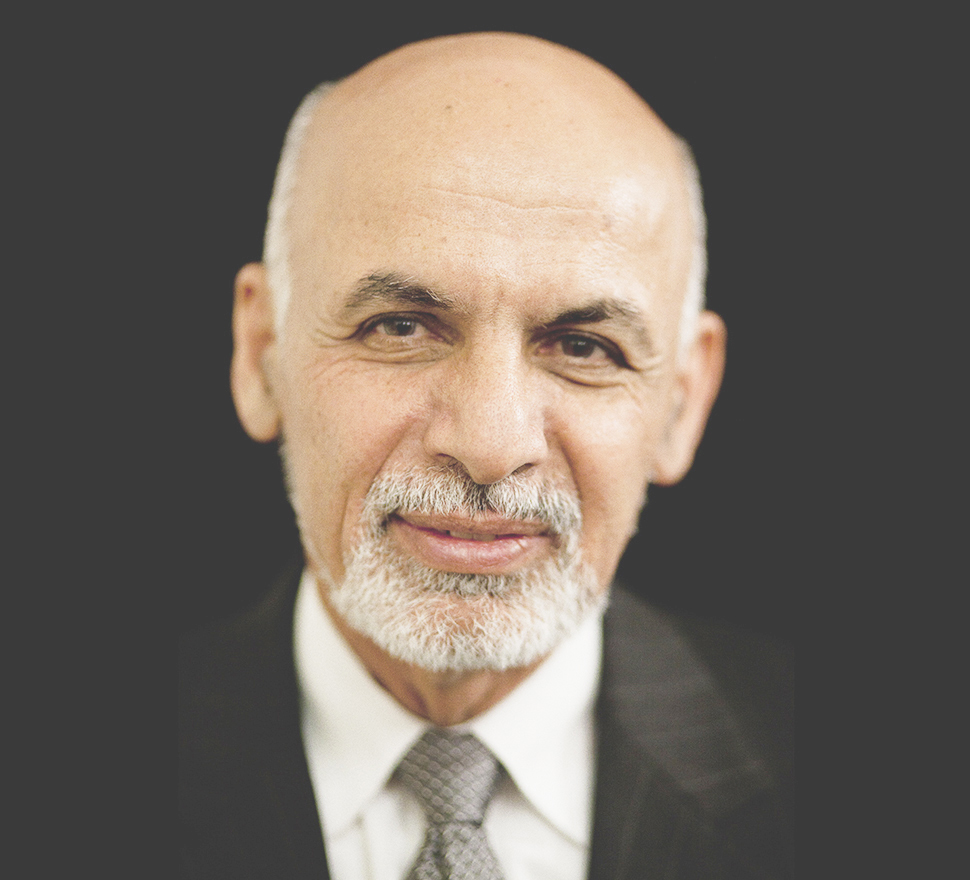KABUL (Reuters) – Taliban fighters clashed with Afghan government forces near Kunduz airport yesterday, a day after the militants seized control of the northern city in arguably the biggest victory of their 14-year insurgency.

Heavy fighting just metres from the airport, where police and soldiers had retreated on Monday, suggested the Taliban were not going to be easily dislodged.
“There are no reinforcements yet in Kunduz, as the Taliban have destroyed parts of the Baghlan-Kunduz highway,” said Abdullah Danishy, a deputy governor of Kunduz. “They may join us tonight.”
Beleaguered security forces in Kunduz had been banking on support from other provinces, but in a well-coordinated operation, the Taliban have disrupted some supply routes.
“Now Afghan forces have started a counter-attack near the airport. We assure you that they haven’t entered the airport,” Danishy added. “Our forces will not let them enter.”
The evening Taliban advance came despite the US military carrying out its first air strike in support of government troops since Kunduz fell.
It was the first time a provincial capital had fallen to the Taliban since the hardline Islamist movement was toppled from power in 2001 in the US-led military campaign.
The swift gains in Kunduz are a major setback for the government of President Ashraf Ghani, which marked its first year in power yesterday, and raised questions over how ready Afghan forces were to tackle the Islamist insurgency alone.
Ghani announced in a televised address that more reinforcements were on their way to regain the city, which he said had fallen partly because government troops had shown restraint to avoid civilian casualties.
“The government is responsible, and cannot and will not bomb its own citizens.”
Supply lines to Kunduz city have been disrupted by fighting in surrounding areas, according to Western and Afghan security officials.
To the south, clashes in Baghlan province closed a main route from the capital Kabul, while one convoy carrying security personnel was ambushed by Taliban insurgents.
Further afield, and independent of the action around Kunduz, fighting broke out in Nangarhar province bordering Pakistan.
At least 30 insurgents claiming loyalty to Islamic State were killed when militants attacked police checkpoints in Achin district, said Nangarhar police spokesman Hazrat Hussain Mashriqiwal. An official said four security personnel also died.
Several small groups have broken away from the Taliban to follow Islamic State, which security experts fear will seek to exploit any divisions in the dominant Afghan militant movement.
Taliban spokesman Zabihullah Mujahid said one reason for the assault on Kunduz was to prove the group was united, after the appointment of a new leader in July angered many key figures.
Earlier in the day, the government said its forces had regained the Kunduz city prison and provincial police headquarters, which were overrun on Monday night, but the Taliban quickly refuted the claim.
More than 100 Taliban fighters were among the 600 prisoners who escaped during the jail attack, National Directorate of Security chief Rahmatullah Nabil told reporters yesterday.
US military planes struck Taliban positions on the outskirts of the city in the morning.
Police said 83 Taliban were killed in the US action, a claim also denied by the Taliban.
Afghan Defence Minister Mohammad Masoom Stanekzai told reporters that 17 Afghan security personnel had been killed and 18 wounded in the past 24 hours across the country.
Taliban spokesman Zabihullah Mujahid said three militants had died and 11 were wounded, while at least 18 Afghan police had been killed.
At a trauma centre run by Medecins Sans Frontieres in Kunduz, six doctors remained on duty, scrambling to treat 150 patients on Monday night who crammed into offices and corridors.
The hospital was struggling to get medical supplies due to road closures, said Heman Nagarathnam, head of programme in the Kunduz MSF facility.
A senior commander in the hardline Islamist movement, which imposed strict Islamic law over Afghanistan during its five-year rule, said fighters had been ordered to treat locals well.
“Mullah (Akhtar) Mansour directed his commanders in northern Afghanistan to take care of the local community by winning their hearts and minds through good behaviour and self respect instead of bullets,” he said, referring to the Taliban’s new leader.
The commander added that the insurgency would not stop at Kunduz.
“This is the beginning, and our aim is Kabul. You will see how we capture Kabul and hang these puppets there in squares,” he said.
The Taliban has been fighting to remove the Western-backed government in Kabul since its ouster.
The insurgency has escalated this year, after NATO withdrew almost all of its combat troops and focused instead on training the fledgling Afghan armed forces.
The Kunduz attack prompted Germany to signal it was open to delaying the withdrawal of its soldiers from Afghanistan beyond next year.

